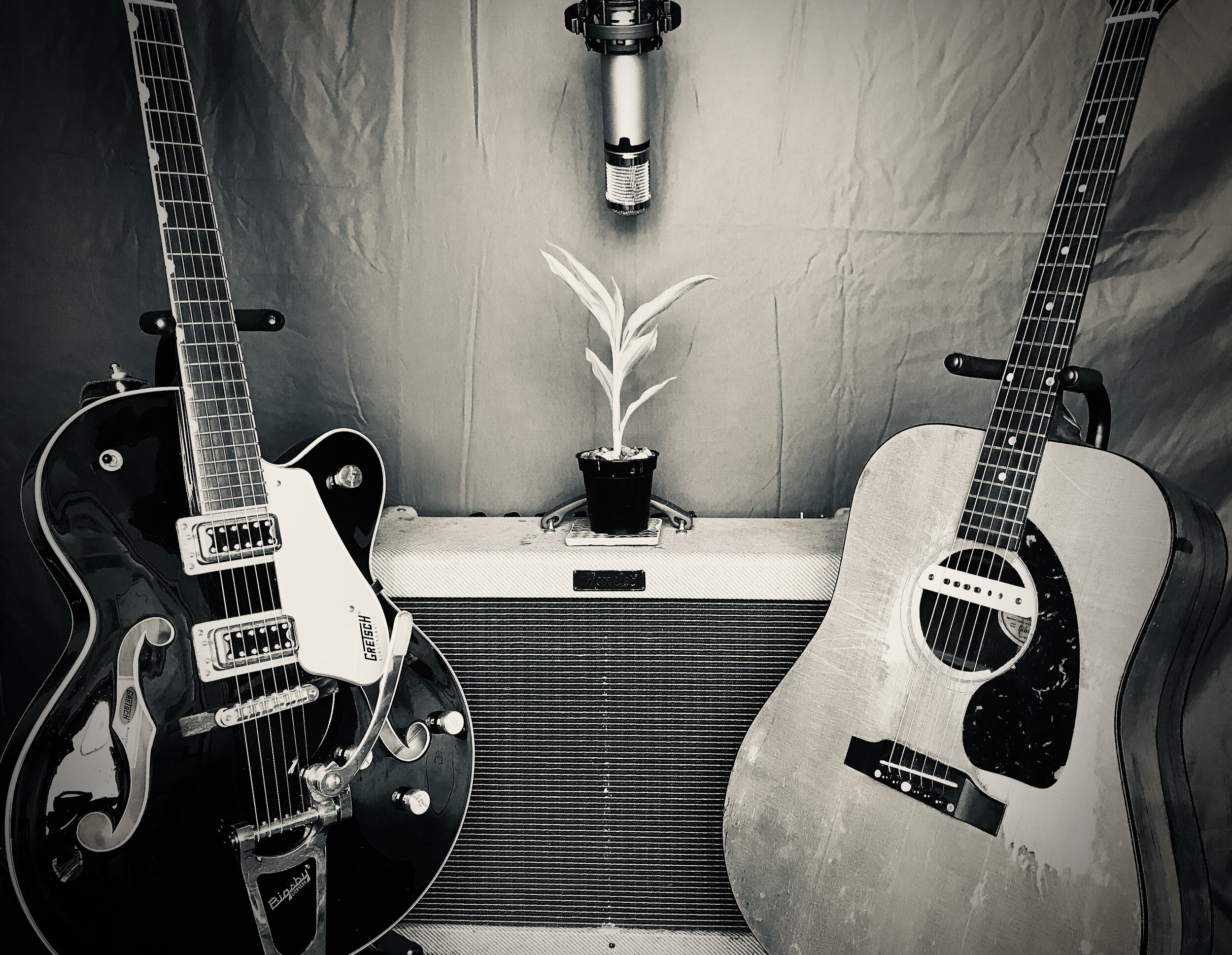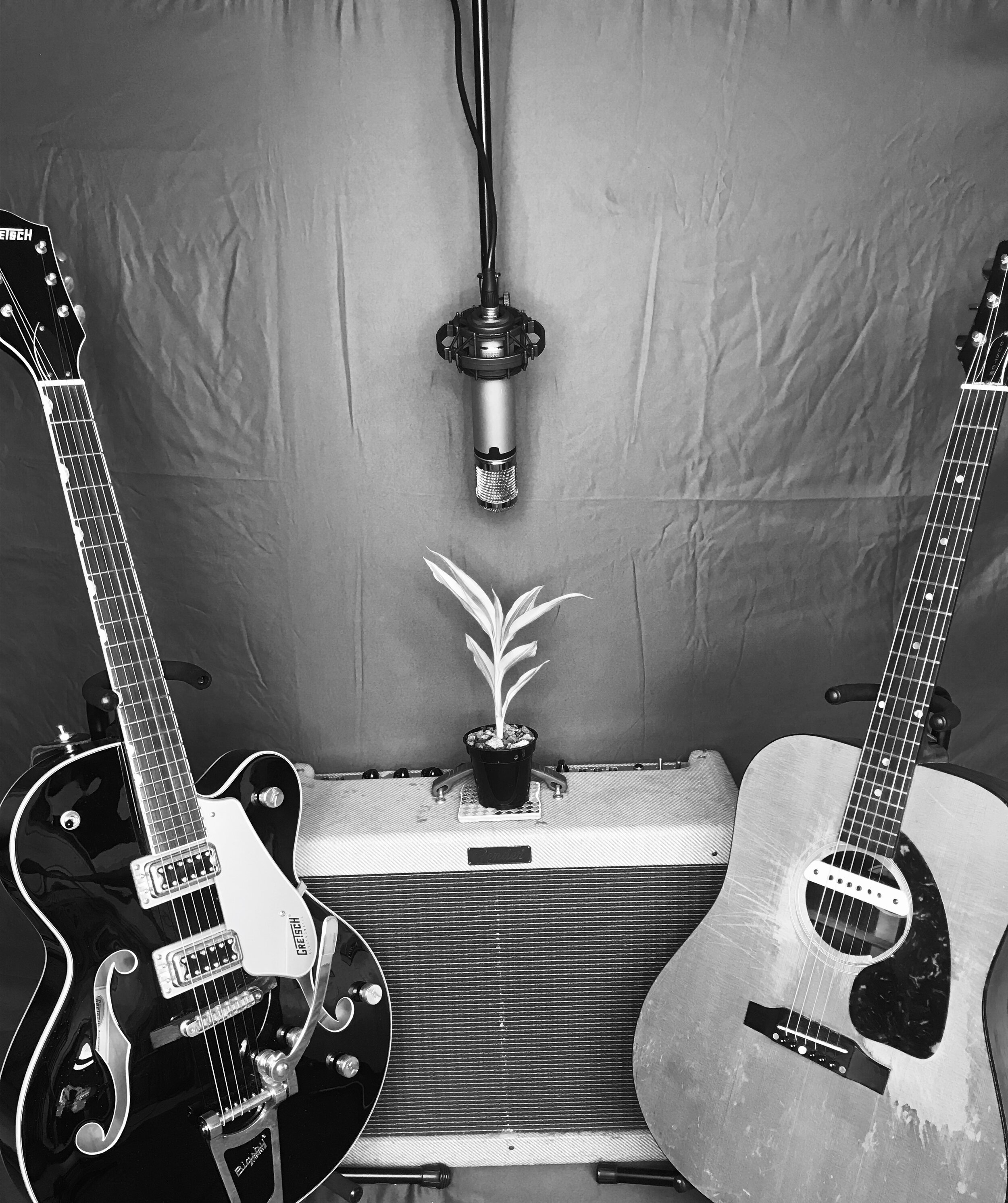
My name is Ned Hartford.
A new name.
Fresh start.
The world needs healing now, right?
So, at the age of 60, I’m starting over. Not exactly from scratch. I’ve dragged along a kit bag of assorted seemingly non-remunerative skills (I am continually endeavoring to make them slightly more remunerative): Songwriter, Writer (especially of musicals), Actor, Musician, Music Producer. And, on a spiritual and emotional level, I have four decades of recovering from the damage from my first two decades.
I’m tired of that legacy. So, emblematic of that, I’m taking the name Ned Hartford. Hartford is my wife’s last name. And Ned Hartford seems to be a very uncommon name. How fortuitous.
But, the past is never really past, right? Well, maybe at least it makes a good story. Here it goes:
An insecure, timid kid grows up in a home where the safest place was in his room with the door closed, getting lost in books, trying to not think about what could happen at any minute. And the reading of books became the writing of stories. Horror stories mostly: alien invasions, strange diseases, nuclear apocalypses, disasters all-consuming, unstoppable, and unforgiving. Stories that acted like totems he could project his fears upon.
His teachers liked his stories, so they had him read the stories to the class. And his classmates liked his stories, and, for the short time spent reading the stories aloud, they seemed to like him, too.
But you get a little older and you don’t get to read your stories to the class. But what if you need that positive feedback and acceptance? Well, I took up the guitar and started writing songs. Protest songs mostly. Nothing like surviving an abusive home to make you root for the underdog and yearn for justice.
The day after I graduated from college, my father threatened me for an hour with a tire iron, swinging it at my head, stopping it inches from my skull, all the while screaming how now I was going to go to work for his company, and, how, if I didn’t, he would kill me.
This seemed to me to be a fundamentally flawed recruiting tactic.
So, I left my mid-western hometown behind and ended up in NYC. My goal: to get my music to the legendary Columbia Records talent scout, John Hammond.
John Hammond had grown up a rich, privileged heir to the Vanderbilt fortune and had thrown away his family’s expectations of a career in business or banking, instead jumping in a station wagon and driving around the United States to write about jazz music, traveling to jazz meccas of the time like Kansas City to cover Count Basie (and eventually convincing Columbia Records to sign the Basie Band, breaking the color barrier at that label). He signed Benny Goodman to Columbia and convinced Goodman to break the big band color barrier by hiring Fletcher Henderson, Basie’s arranger. Hammond signed countless other Black American jazz icons, including one of my favorite vocalists, Billie Holiday. Hammond produced the groundbreaking Spirituals to Swing Concerts at Carnegie Hall ending the color barrier there and introducing NY high society to jazz greats like Basie, Charlie Christian, Lester Young, and Lionel Hampton, blues titans such as Big Bill Broonzy and Joe Turner, boogie-woogie piano master Meaud Lux Lewis, and gospel legend Sister Rosetta Tharpe.
I learned about John Hammond through reading the stories of some of his later signings: Leonard Cohen, Bob Dylan, and Bruce Springsteen.
Hammond was a great judge of talent, a staunch civil rights advocate (including serving on the governing board of the NAACP), a journalist of renown (in addition to writing for Downbeat and other music magazines, he covered the Scottsboro Nine Trial for The Nation), and was an honest man in a dishonest business (he never took any points off any artist he signed or produced -he only was paid his Columbia salary- a practice unheard of in the music business).
He was not a perfect man, but he was a great man. A great American.
And somehow -a very amazing story, full of outrageous coincidences and outright miracles, but a little long and involved for my “about” page, so maybe I’ll share it with you over coffee sometime- I got into Hammond’s office with my guitar and played him what was supposed to be three songs. Over an hour and about fifteen songs later, John Hammond said, “That’s enough,” picked up the phone, called the head of Epic Records, Don Dempsey, and said, “Don, I’ve just discovered the next Dylan, the next Springsteen. We must sign him immediately.”
That was over 35 years ago.
I was in the studio with Mr. Hammond, recording tracks for what was to be my debut album, when he had a massive stroke. I carried him down three flights of stairs, got him in a cab, took him cross town to Lennox Hill Hospital. He started on the road to recovery, but when his beloved wife, Esmee, died of breast cancer, he was inconsolable, suffered another series of strokes, and died at home, at the age of 77, while listening to Billie Holiday.
Wanna know what I looked like in my twenties?
John Hammond, Ned, and engineer Jeff Jones (who would grow up to become a Grammy-award winning jazz producer). At Intergalactic Studios, circa 1985.
After Mr. Hammond’s death, I went through a series of development deals with different labels that went nowhere. Finally got an indie rock record deal in Nashville in the 90’s. The album was released nationally, but shortly after its release, the label went out of business.
I decided I wanted to continue writing songs but wanted to use them in a bigger format. I decided I’d learn to write musicals.
I moved back to NYC, released a couple of albums independently, won some awards for those albums and songs therein, and toured some on the folk circuit, while I began the transition to being an actor. Soon acting took over: at first, off-off-Broadway, then eventually regional, off-Broadway, film and TV, and voice over.
In 2010, my first musical was produced at the New York Musical Theatre Festival. 10 years later, I’ve got three shows that I’m happy with, and two of those are slated for production once the pandemic ends (fingers crossed!).
I’m 60 years old. Wow. I’ve got a pretty good skill set put together, and keep trying to improve. Got a wonderful wife, a pretty awesome cat, making art that hopefully makes a difference.
Writing musicals. I thought the music business was hard. I somehow found a career even harder. Let me tell you…
…some interesting facts about musicals
1) A new musical usually takes about 8 years from inception to first developmental production. That’s a long, lonely road for the writer with a less than likely payoff. Takes a lot of courage, passion, determination…
…and stupidity.
Especially at 60 years of age.
2) On average, about $350,000 in developmental front money is needed by producers before the production even gets to the point where it’s ready to register with the SEC to officially raise money. That’s over a quarter of a million dollars that you need just to get to the point where you can legally ask people for money.
3) Until the pandemic, Broadway was experiencing record attendance, but even with that, only about 25% of all shows on Broadway make back their initial investment.
4) Broadway shows base their budgets basically around the notion that they can make back their investment if they run at 70% houses at full price (not discounted) tickets for a solid year. That is tough.
Despite all these obstacles, I continue forward. And you know what? Call me crazy, but in times where the future of theatre is uncertain, I feel……
…optimistic!

